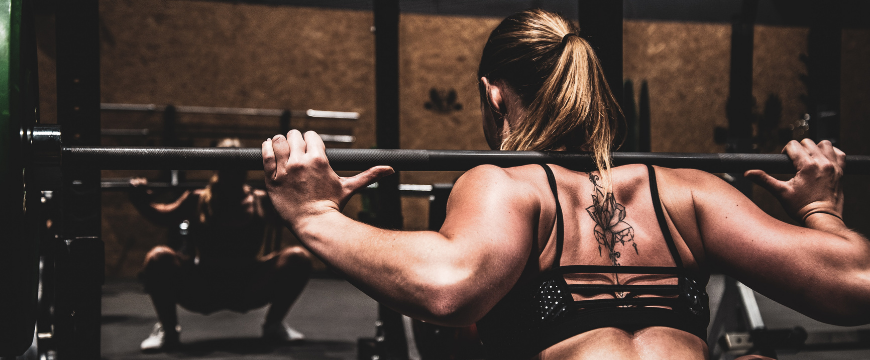



1. Training beyond your capacity
Your technique needs to be accurate when you begin your fitness and strength training. At first, you might be excited and motivated to lift heavy, or some people might feel embarrassed to exercise with less weight because they are worried about what others will think! Well, DON’T! It is best to lift weight that suits your capacity, especially when you first start, it is okay to start slow. Make sure you are confident about what you do and are not influenced about what others think or say.
2. Overtraining
Rest days are just as important as your training days. Having rest days reduces the risk of overtraining and gives your body time to recover and repair. Overtraining will slow down your progress, leave you feeling sore and tired all the time and very demotivated. If you still want to do something on your rest days - you can try Active rest days - You can do some stretching, foam rolling, take a yoga class or simply go for a walk
For beginners, 2 to 3 training days per week is probably a good start. You can slowly increase to 5 training days with 2 rest days per week over time.
P.S: Make sure you get enough sleep (at least 7 hours each night is recommended) and that you are on a healthy diet will help you achieve your fitness goal big time!
3. Not understanding about your exercise regime
If you think you can simply copy what other people do at the gym, you are making a big mistake. Make sure you get a personal trainer (PT) if this is your first time doing strength training, tell them your physical condition as well as your requirements. Your PT will create a customized exercise regime that suits your health and fitness objectives, they will also monitor your progress and make sure you get your technique right before adding any weight on, which will prevent injury.
4. Working out during illness or injury
You need rest if you are feeling sick. Working out when you are ill will leave you tried without giving you the expected benefits. Similarly, it is advised to adequate rest after an injury. This will help you recover sooner and prevent the situation from worsening.
5. Lack of warm-up / cool-down exercises
Warming up plays a crucial part for the preparation and progression of your workout as it helps to get your heart rate up and let the blood reach the muscles before you perform any heavy exercises. Some dynamic stretching can be a part of warming up too which can help to prevent injuries.
Cool downs at the end of your workout are great to decrease your heart rate to normal levels, reducing the chance of dizziness and fainting. You can cool down by simply reducing the intensity of your workout i.e going to a lighter weight or doing a 10 mins cardio exercise at a slow pace, doing some foam rolling or stretching will help too.